Senate Majority Leader Mitch McConnell is working to win overRepublican holdouts on his health care bill after facing a revoltfrom conservatives and moderates who weren’t ready to act thisweek.
|Related: Health bill setback for McConnell sets stage forfinal push
|Some of the holdouts may be easier to persuade than others. Afew announced their opposition to his draft bill only after hedelayed a planned vote. But others are more dug in.
|Several conservatives say the bill doesn’t go nearly far enoughin dismantling Obamacare. Moderates worry about the phaseout of theMedicaid expansion, as well as the Congressional Budget Officeestimate that 22 million fewer Americans would have health care ina decade under the bill, H.R. 1628.
|Republicans started closed-door talks on possible changesWednesday, following a meeting with President Donald Trump a dayearlier. The aim is to produce a deal by Friday so the nonpartisanCongressional Budget Office can use next week’s July 4 recess toproduce a new analysis that will be crucial in rounding up the 50votes needed to pass the bill.
|Related: Millennials in for small positives, big negativesin Senate health bill
|Here’s a look at the independent-minded senators from theRepublicans’ conservative and moderate wings who may be McConnell’smost difficult targets:
|Dean Heller
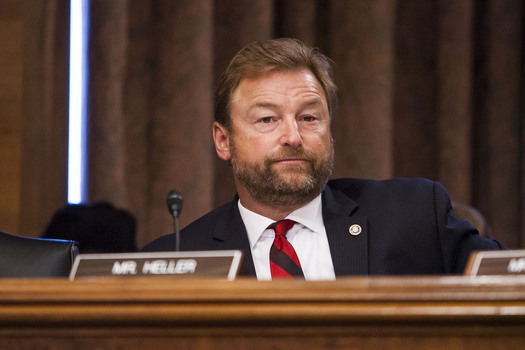
The first-termer from Nevada took the strongest stand against thebill. He stood with popular Republican Governor BrianSandoval at a news conference Friday to oppose the measure becauseit would cut billions from Medicaid and reduce subsidies for peoplebuying insurance on the individual market.
Heller is the Republican considered most at risk of losingre-election in 2018, after winning his seat with only 46 percent ofthe vote. A switch to supporting the bill would be tough becauseDemocrats would dog him with it all the way to Election Day.
|In a tele-town hall Tuesday, Heller told constituents it wouldbe hard to “get to yes,” according to the Nevada Independent. Hehas backed Sandoval’s decision to accept the expansion of Medicaidunder Obamacare, which made Nevada one of a cluster ofRepublican-led states that would lose under the GOP bill’s phaseoutof the extra Medicaid funds.
|Sandoval said Wednesday that the state is in a “crisis” afterAnthem Inc.’s decision to stop offering Obamacare plans in much ofthe state, leaving some residents without options on the healthlaw’s exchanges.
|Related: Two studies look at Medicaid expansion pros,cons
|Susan Collins
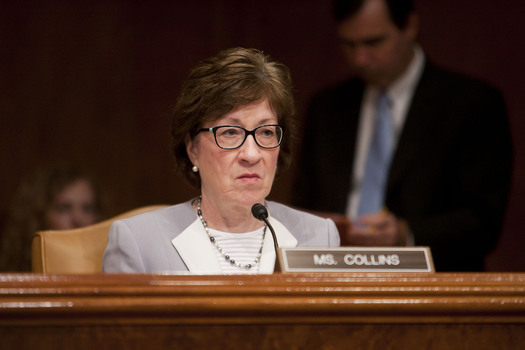
A leader of Senate moderates, she has questioned the proposal’sMedicaid cuts and its repeal of Obamacare’s 3.8 percent tax on thewealthy. Collins, of Maine, is among the pivotal senators whowere left out of the 13-member working group that helped work onMcConnell’s plan.
She tweeted Monday that the bill won’t fix the Affordable CareAct’s problems affecting rural Maine, particularly strugglinghospitals that would be affected by $772 billion in Medicaidcuts over a decade. One in five people in Maine rely onMedicaid, she said. She reiterated her call to strip out a one-yearban on funding for Planned Parenthood, which she says is a vitalhealth care provider for women.
|Other Republicans in Congress are determined to end theObamacare tax on high-income Americans. Leaving a private SenateGOP meeting Wednesday, Collins said it would be “very difficult” toreach a deal by the end of the week.
|Related: Voters in 13 GOP districts oppose PlannedParenthood funding
|Lisa Murkowski
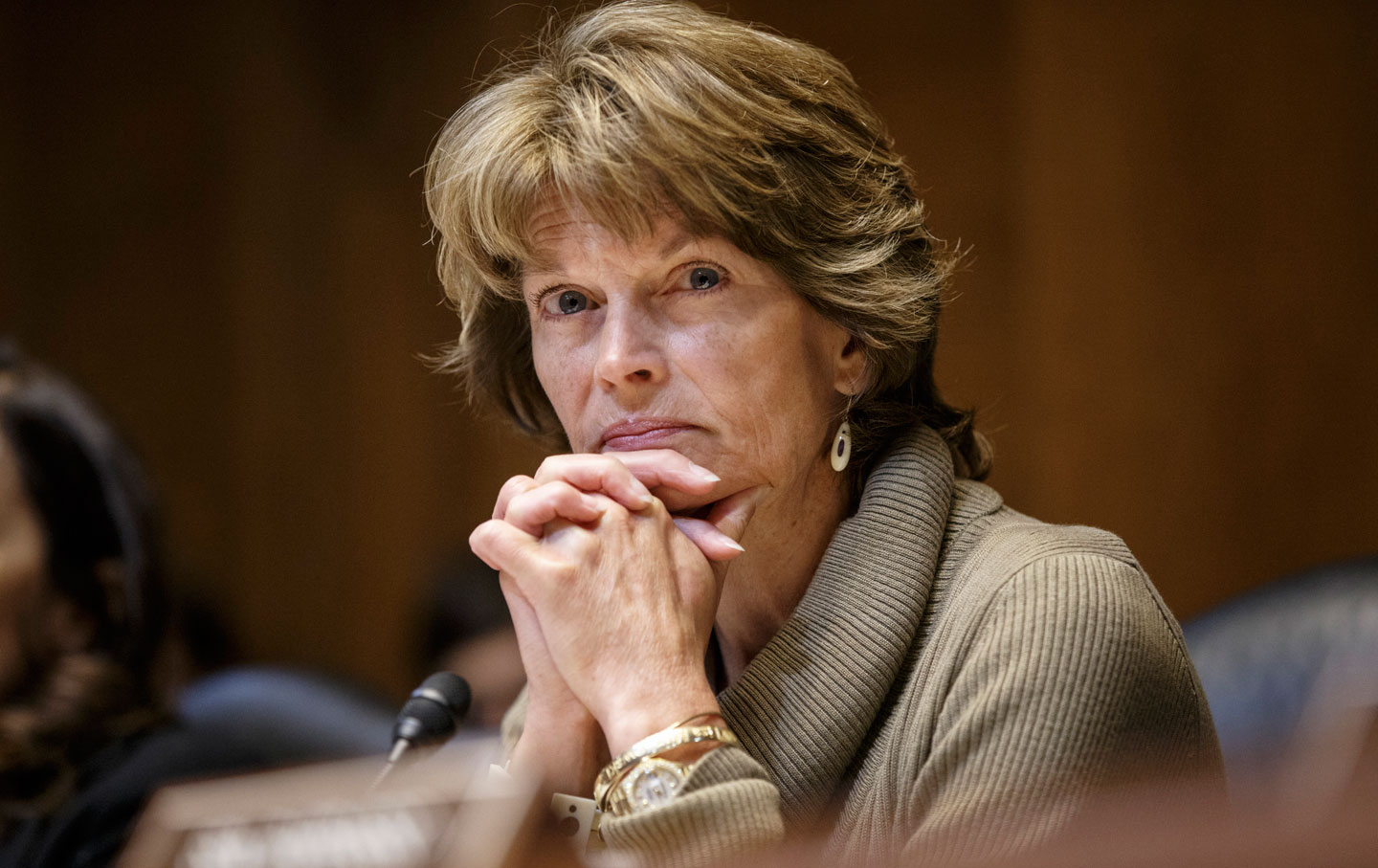
Arguably the most independent-minded Senate Republican, the Alaskanwon re-election in 2010 as a write-in candidate against a Tea Partyrival who beat her in the GOP primary.
As in the current health care debate, she staked her reputationon her ability to get the best deals for her home state.
|Health insurance premiums are more costly in Alaska than in anyother state, and Murkowski has expressed concern about cuts inMedicaid and aid for people who buy individual insurance policies.She says it’s vital to provide strong protection for people withpre-existing conditions. If a bill reaches the floor, she plans towork with Collins to take out the ban on funds for PlannedParenthood.
|Despite her concerns, she’s still in the game. She was spottedleaving McConnell’s office with fellow Alaska Senator Dan Sullivanon Wednesday. She was mum on their Alaska-specific conversation,describing the meeting as “good.”
|Related: Make pregnancy expensive again: A woman's guide tothe new health bill
|Rand Paul
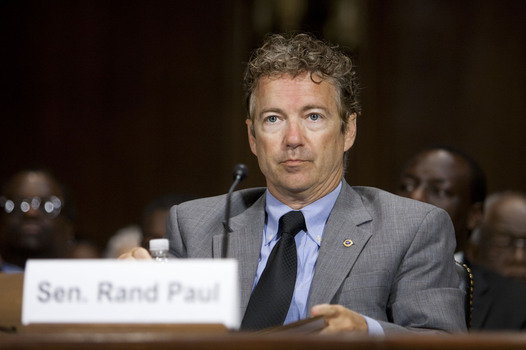
The Tea Party maverick is probably more ideologically opposed tothe measure than any other Republican. He has called repeatedly fora full repeal of Obamacare rather than the McConnell bill, which hesees as a significant government intrusion into health care.
Still, the junior senator from McConnell’s home state ofKentucky hasn’t ruled out supporting a measure if leaders make keychanges. Paul wants to allow people to join insurance purchasingpools that could boost consumer clout for lower prices and bettercoverage.
|He opposes some approaches backed by many Republicans, includinga $50 billion fund over four years to stabilize insurance exchangesand cost-sharing subsidy payments for insurers through 2019. Healso rejects a “continuous coverage” provision designed to givehealthy people an incentive to buy insurance.
|“Right now, the moderates have been given everything,” hecomplained, even as his opposition landed him a private audiencewith Trump on Tuesday.
|Related: Anthem pulls out of two morestates
Mike Lee

The small-government stalwart from Utah has called McConnell’s plana “caricature of a Republican health care bill.” He initiallyparticipated in McConnell’s working group but dropped out after hegrew dissatisfied with its direction.
He wants to loosen Obamacare’s consumer protections, an actionhe and other conservatives like Paul, Texas’s Ted Cruz andWisconsin’s Ron Johnson say could help hold down the cost ofpremiums.
|Lee proposes letting states opt out of community-ratingrequirements, which bar insurers from charging dramatically more topeople with serious illnesses. He also wants insurers who qualifyfor the Obamacare market to be able to offer an unregulated plan aswell.
|It’s unclear whether such a provision would lose other senators’support or violate Senate rules for a streamlined process forpassing the bill.
|Related: 6M people with pre-existing conditions face higherpremiums under AHCA
|Bill Cassidy
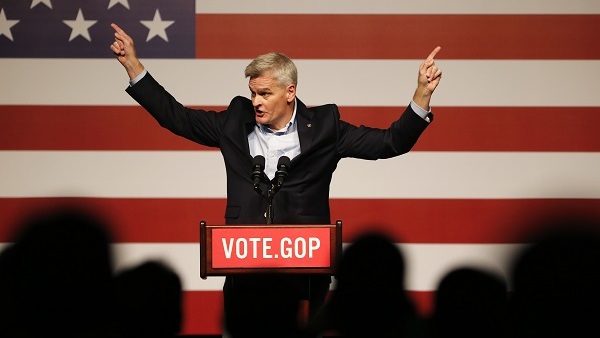
The doctor from Baton Rouge, Louisiana, is perhaps the mostpragmatic Republican holdout because he brought his experience as amedical provider into the talks. He co-sponsored his own Obamacarereplacement proposal with Collins, but they found no takers amongDemocrats, and GOP leaders ignored them.
Cassidy said he would apply a “ Jimmy Kimmel” test to the SenateGOP bill, that no family should be denied medical care because theycan’t afford it. Kimmel, a late-night television host, made animpassioned plea for keeping Obamacare, revealing that his newbornson had a heart defect.
|Cassidy hasn’t said whether the McConnell measure meets histest, but he has talked more positively about it in recent days.He’s seeking changes, including more generous tax credits to helppay for premiums on insurance exchanges and more funding forMedicaid.
|Related: Republican senator would let states keep ACA ifthey want
|Rob Portman
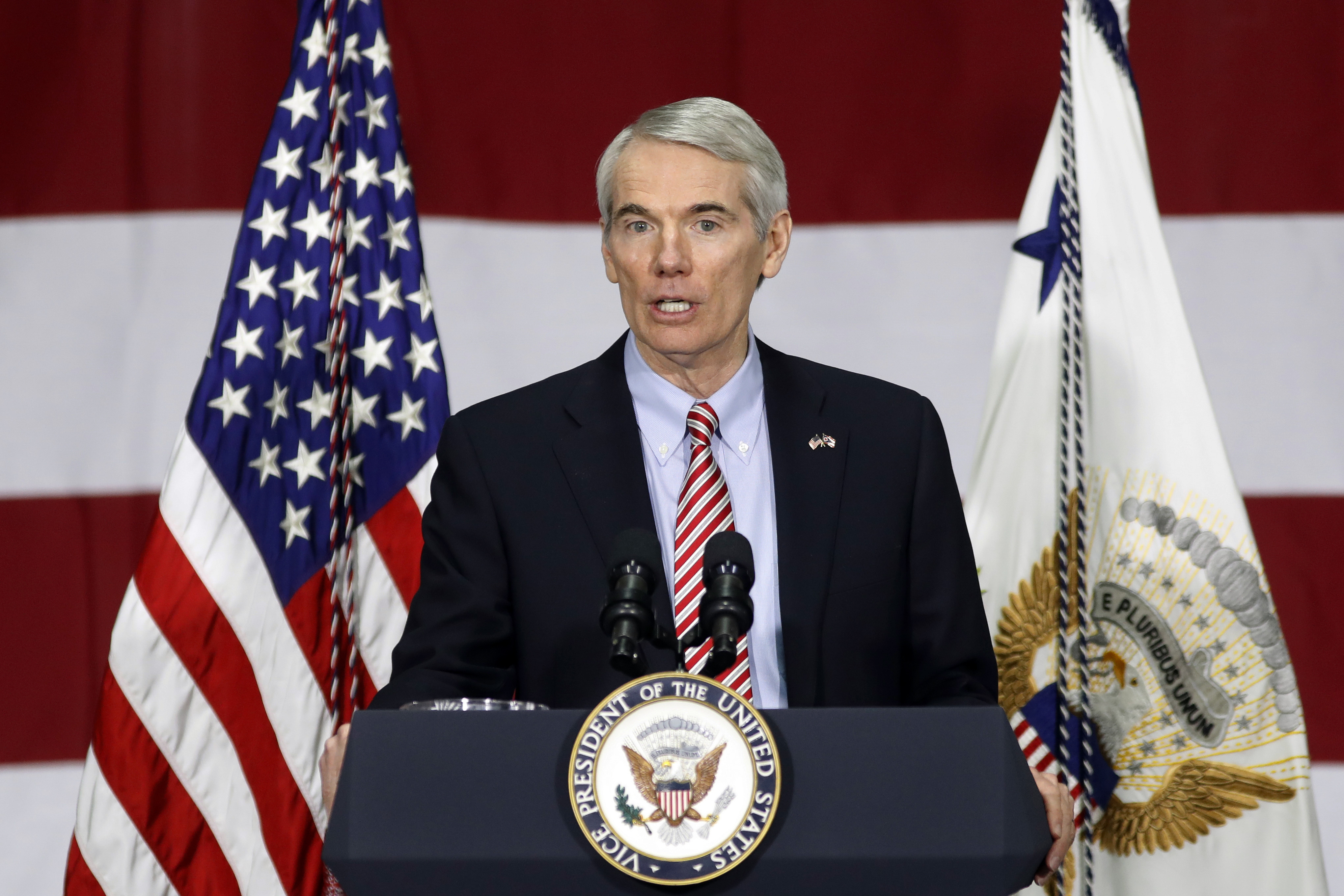
The Ohio senator is a leading voice for Republicans from statesthat expanded their Medicaid coverage under Obamacare. He workedwith West Virginia’s Shelley Moore Capito on a plan to allow aseven-year phase-out of the expansion.
McConnell’s plan provides only a three-year phase-down, andtalks on Medicaid funding are continuing. Portman and Capito alsoseek $45 billion over 10 years for opioid addiction, while the billincludes only $2 billion.
|Leaders have said that’s a placeholder, and McConnell has about$200 billion in financial wiggle room that will let him addresssome lawmakers’ concerns.
|Ohio Governor John Kasich called the Senate bill “unacceptable”this week. He said seeking opioid funds is “like spitting in theocean” compared with the effect of proposed Medicaid cuts on Ohio.Portman could still get Medicaid concessions, and the fact that hesafely won re-election in 2016 and won’t have to face voters for awhile keeps him in play.
|Related: Medicare beneficiaries suffer in opioidepidemic
|Copyright 2018 Bloomberg. All rightsreserved. This material may not be published, broadcast, rewritten,or redistributed.
Complete your profile to continue reading and get FREE access to BenefitsPRO, part of your ALM digital membership.
Your access to unlimited BenefitsPRO content isn’t changing.
Once you are an ALM digital member, you’ll receive:
- Critical BenefitsPRO information including cutting edge post-reform success strategies, access to educational webcasts and videos, resources from industry leaders, and informative Newsletters.
- Exclusive discounts on ALM, BenefitsPRO magazine and BenefitsPRO.com events
- Access to other award-winning ALM websites including ThinkAdvisor.com and Law.com
Already have an account? Sign In
© 2024 ALM Global, LLC, All Rights Reserved. Request academic re-use from www.copyright.com. All other uses, submit a request to [email protected]. For more information visit Asset & Logo Licensing.








